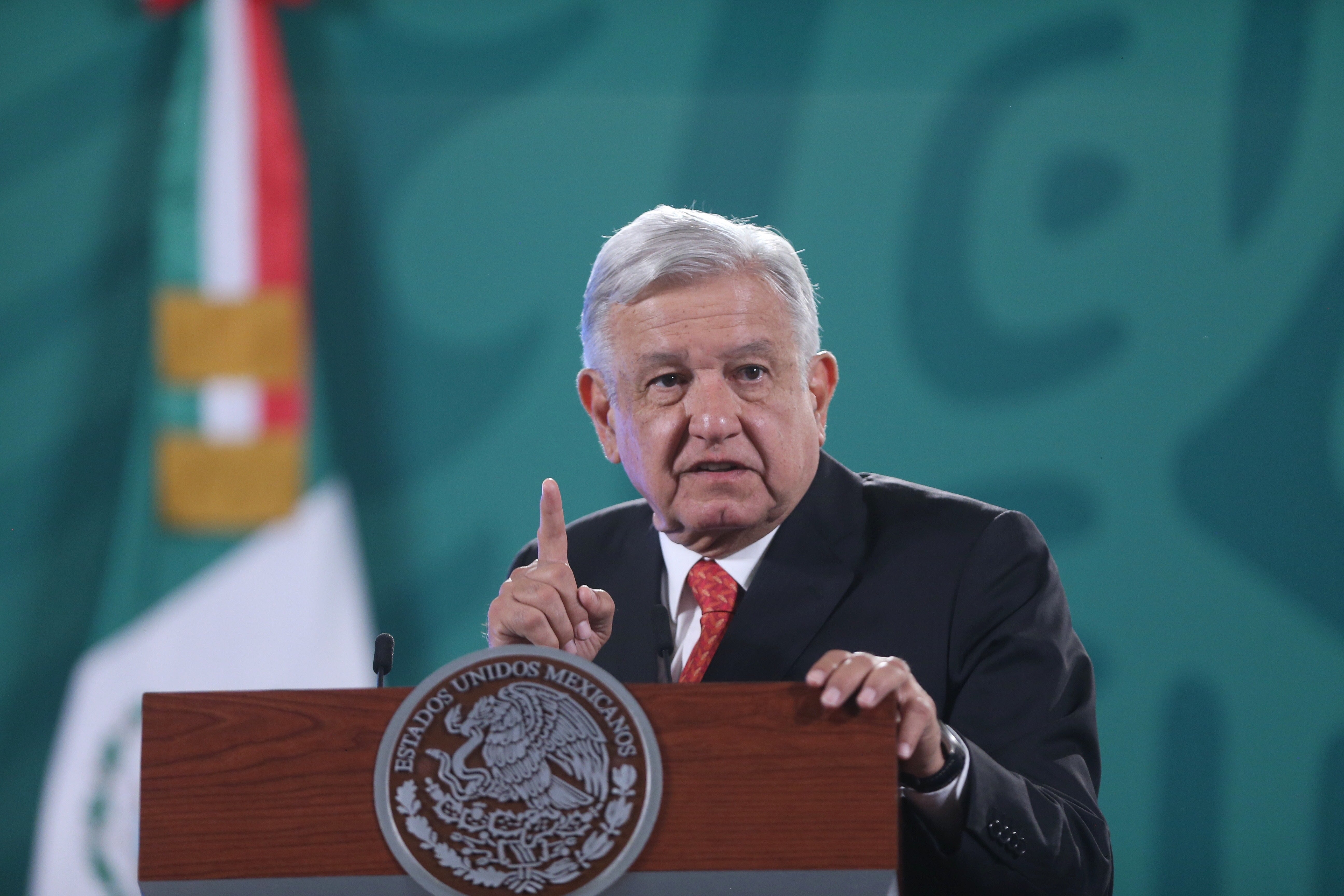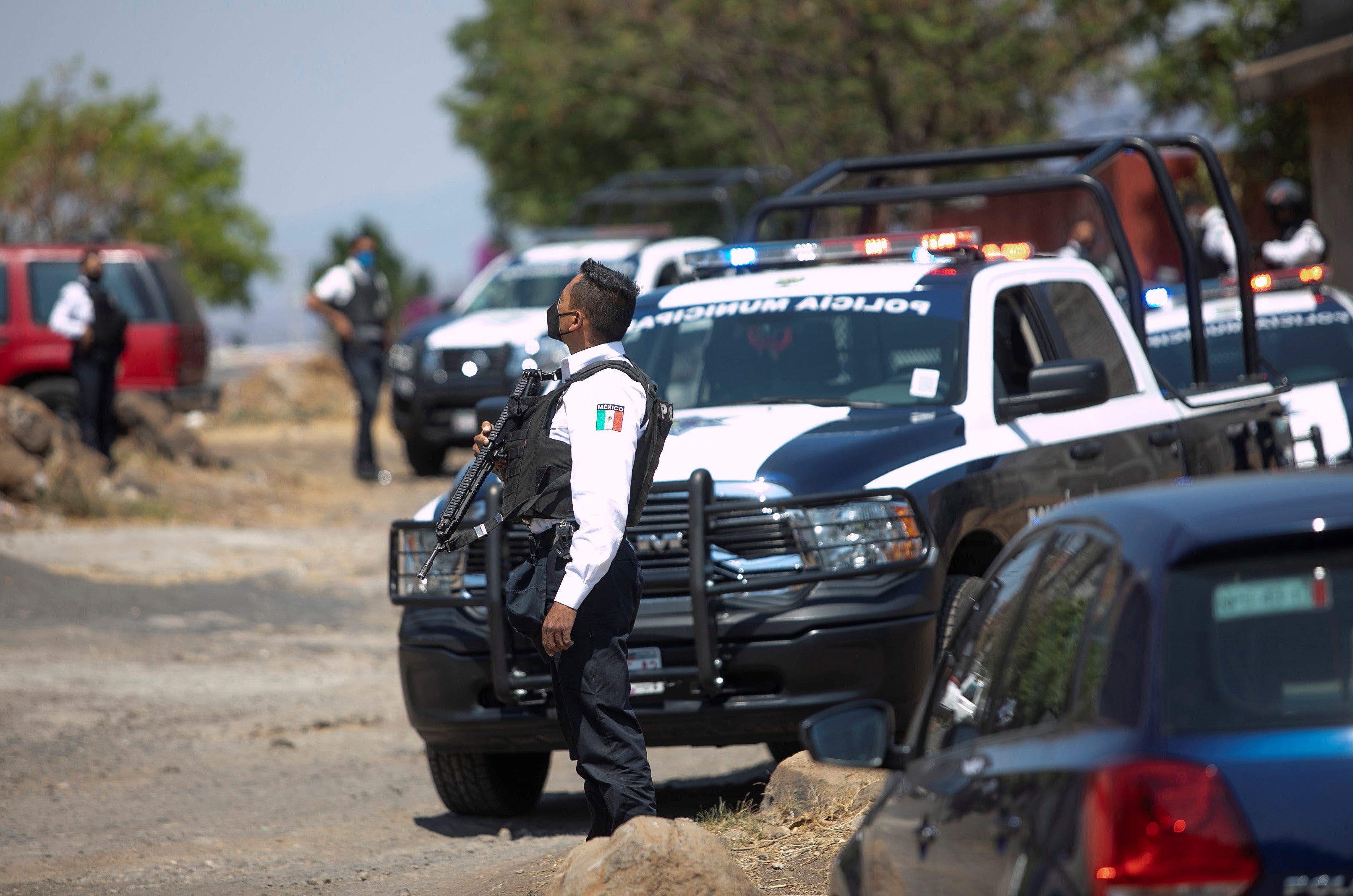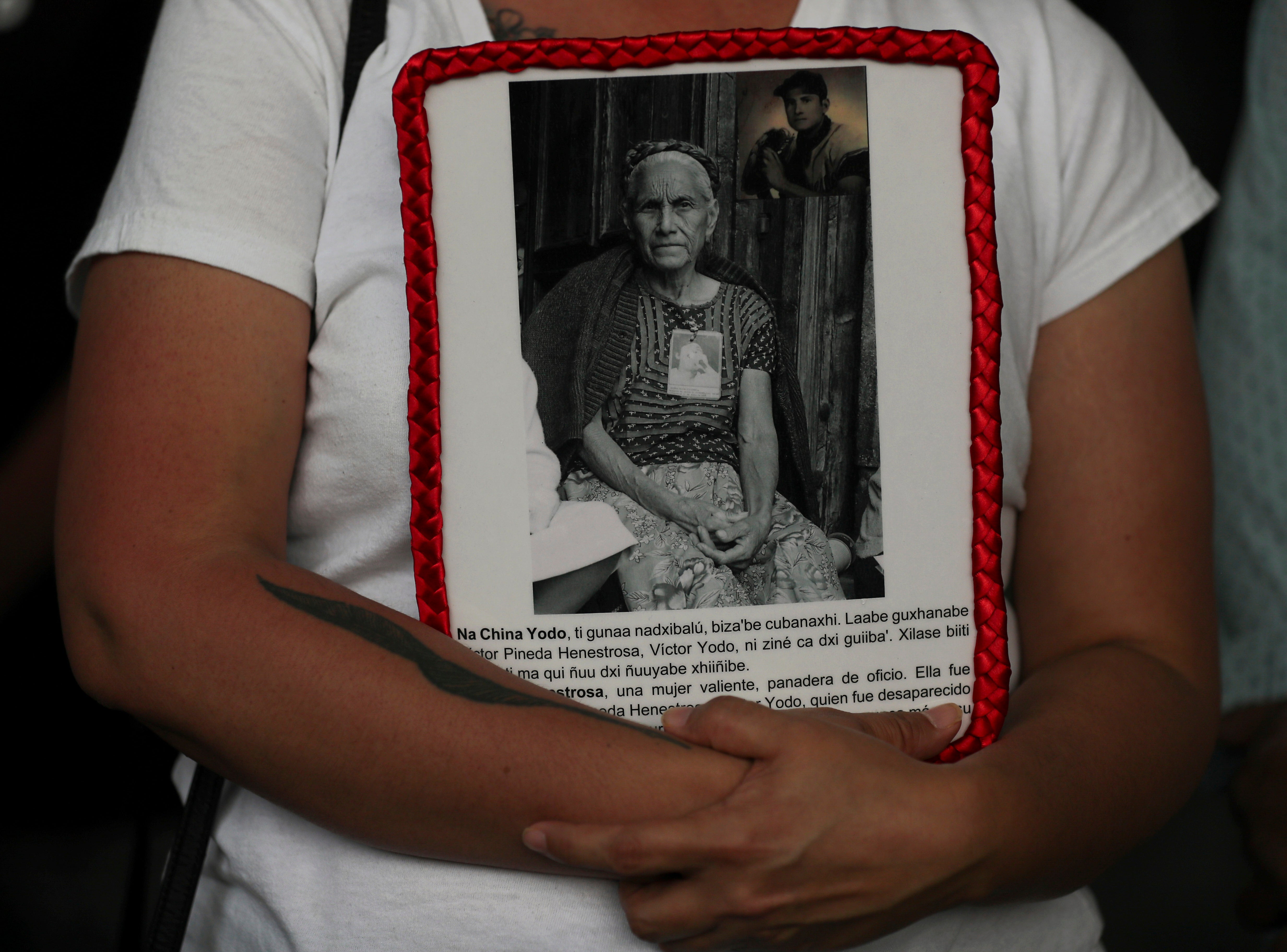Mexico’s bloodiest election: Drug cartels kill almost 100 in run up to June vote
At least 88 candidates have been murdered ahead of next month’s vote, reports Chris Havler-Barrett in Mexico

Parliamentary elections in Mexico on 6 June are among the most hotly contested in years, with an opposition coalition formed to fight the incumbent MORENA government of President Andres Manuel Lopez Obrador.
Fighting both sides, however, are the powerful drug cartels that rule huge swathes of the country.
These cartels have been responsible for hundreds of violent attacks on candidates, and at least 88 candidates have been murdered since the start of the electoral cycle in September, risk analysts Etellekt estimate.
Experts claim the cartels’ ultimate aim is to put sympathetic candidates in power so they can operate with impunity.
As many as 75 per cent of those assassinated have been standing in opposition to established regional candidates, some of whom are sponsored by rival cartels.
Earlier this week, Alma Barragán, an aspiring reformist candidate in the cartel battleground state of Guanajuato, was shot dead during an election rally.
Barragán, who ran on a platform of transparency, was attempting to shine a light on the finances of the town of Moroleón and had championed the prospect of increased security against attacks from cartels. The 60-year-old was the third candidate to have been killed in May alone.
Earlier this month, Zudikey Rodriguez, an Olympian-turned-candidate running for mayor of the Valle de Bravo district, some two hours west of Mexico City, was abducted by cartel members, who opposed her push to improve conditions in a district that is seeing a rise in the type of gang violence that has plagued Mexico in recent decades.
Rodriguez says she was asked to stand down, and that if she did not agree, the cartel had ordered her to be killed.
After agreeing and disappearing for a brief time, Rodriguez has reappeared to continue her political campaign, with a little over a week until the polls open.
Her abductors - La Familia Michoacana, one of Mexico’s most powerful cartels - have been openly accused by the press and those close to Rodriguez. The identity of the kidnapper has been released, but with the government refusing to investigate, La Familia are more than happy to demonstrate their seemingly limitless power, likely to combat suggestions that the cartel has been in decline since the death of their leader Nazario Gonzalez.

Meanwhile, in the nearby town of Donato Guerra, cartels simply promoted their own candidate and threatened other potential rivals into submission. This was also the case in the nearby town of Temascaltepec, where cartels once again stepped in to promote their own candidate – this time a member of the ruling MORENA party.
News of powerful organised gangs committing atrocities with impunity is nothing new in Mexico.
In March this year, forces allegedly acting on behalf of La Familia killed 13 police officers near Toluca in a grisly demonstration of force.
In January, a group of police officers acting on behalf of cartels murdered 16 migrants who were trying to cross the border in the northern state of Tamaulipas, allegedly for paying a rival gang for a border crossing.
The governor of Tamaulipas himself, Francisco García Cabeza de Vaca has gone into hiding after being accused of laundering money for cartels. Tamaulipas was the site of the 2011 San Fernando massacre, in which gang violence saw up to 600 civilians killed and buried in mass graves near the US border.
The Organisation of American States (OAS), who have been monitoring elections, have become increasingly concerned by the levels of violence seen in the country.

“The mission expresses its deep concern over the incidents of violence that have occurred in different parts of the country in the context of the electoral process and regrets the loss of human lives” it said in a statement released earlier this week.
For many of those affected by the violence of the 2021 election cycle, this regret is not enough.
While those in government strongly condemn the killings with their words, a lack of action – even when the perpetrators are known to authorities – suggest that little is likely to change before the next election.
Join our commenting forum
Join thought-provoking conversations, follow other Independent readers and see their replies
Comments